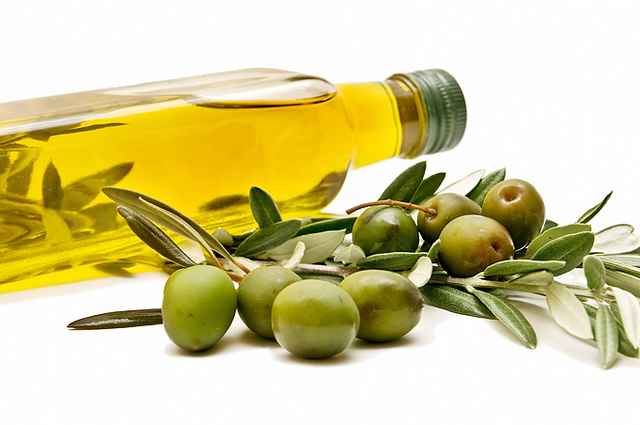
A commodity is a raw material or primary agricultural product that can be bought and sold. Commodity items often will display little-changing market demand, which does not fluctuate with variations in price. In other words, it is a raw material or a product that people “need", not just want.
Let's look at a quick example: gasoline is an everyday commodity item that everyone has experienced. The price fluctuates daily, entirely outside of your control. Whether the price goes up or down, you'll continue to need gas for your car. Since most people don't have a great way to "stock up," you will end up buying it when your tank runs low no matter the cost that day.
In the food industry, many raw ingredients that are used by manufacturers are defined as commodity items. Examples like sugar, wheat, soy, and canola oil are all good ones. No matter the price, you will still need these raw ingredients for your manufacturing process. There are no substitutes, and you can't create the product without it.
One other defining factor of commodity items is that the price fluctuates often. Depending on the product, prices can change by the minute, hour, day, week, or month.
Soybean Oil: A Great Example Of A Commodity Oil
If you want to buy, for example, 5 truckloads of soybean oil, you will be buying on the commodity market. Prices are often based on the current Chicago board of trade, and the price you pay will be based on the time and date that you place your actual order, along with the total volume and period that you will be receiving deliveries in.
Common Traits Of Your Commodity Purchase
High volume: Commodity purchases are often larger volumes starting with a full truckloads of oil.
Future contracts: Items bought on the commodity market also often involve contracts for a particular volume of bulk ingredients delivered over a few months or a year. This is sometimes known as “futures trading”, or in other words "prospecting." Dealing with commodities is, in essence, a lot like being a stock-broker.
Ingredient purchasers for large manufacturers are quite familiar with buying commodity oils. However, even smaller businesses will buy commodity items. The difference would be that the smaller companies may not be buying directly off of the commodity market. This means that their pricing will not fluctuate as quickly and they will not have to make such a pivotal strategic decision for their business.
You May Buy A Commodity Oil But Not Be Affected By The Commodity Market
How can this be? There are particular situations where buyers who purchased what is technically speaking a commodity oil will not be affected by the current commodity market. It generally has to do with how much or how little you purchase. The smaller volumes you buy in, the less you are affected by the commodity market.
In these situations, you would be buying an item that has a price that fluctuates daily based off on the Chicago board of trade. However, you would be buying it in a smaller volume from a distributor or supplier who already has it in inventory. They would be purchasing off the commodity market, but that varying price may not be passed on to you on a daily basis.
Example: A Small Business Buying Soybean Oil That Is Not Affected By Today's Commodity Market
As a good example, let's look at a small business; we will use the name XYZ Crackers for the model. They are purchasing soybean oil in 35 Lb. Containers from Costco. When Costco bought that soybean oil, they contracted for many thousands of pallets of oil, which have been distributed to their warehouses across the country. They likely contracted for at least a few months, and they will continue to get inventory delivered to their warehouses at that contracted rate. Now XYZ Crackers buys it from them at their markup price.
Even though they are buying a type of oil which is a commodity market item, they will not be affected by the daily changing commodity market. XYZ Cracker's soybean oil price will be based on the cost that Costco contracted with their oil supplier at the time that they contracted their rate — not today's current market price.
So the smaller your business is, the less you will be affected by the daily commodity market.
Does The Commodity Market Affect Most Food Manufacturers?
The short answer is yes, it does affect most food manufacturers. The larger they are, the more the commodity market will affect them because they are buying more raw ingredients.
Mid-size manufacturers may experience a situation similar to the Costco example above with their supplier or distributor. For instance, if a manufacturer purchased one tote from their supplier's in-house inventory, they will probably pay the price based on an average of their supplier's own long-term contracted rates. Or alternatively, it may be based on the commodity market when their supplier's contract was signed. If they buy another tote the next day, chances are that inventory may still be left and it will remain at the same price.
However, if they were a larger manufacturer, and they purchased fewer truckloads of bulk oil on the spot market, they will pay today's current price (based on the hour and minute it was locked in).
If you are a manufacturer, this situation can work to your advantage. Pricing remains steady for longer, and you can count on less up and down on a daily basis. This stands as long as you work with the supplier who strategically buys their own inventory when the market is ideal.
Topics: Harvest/Commodity Market












